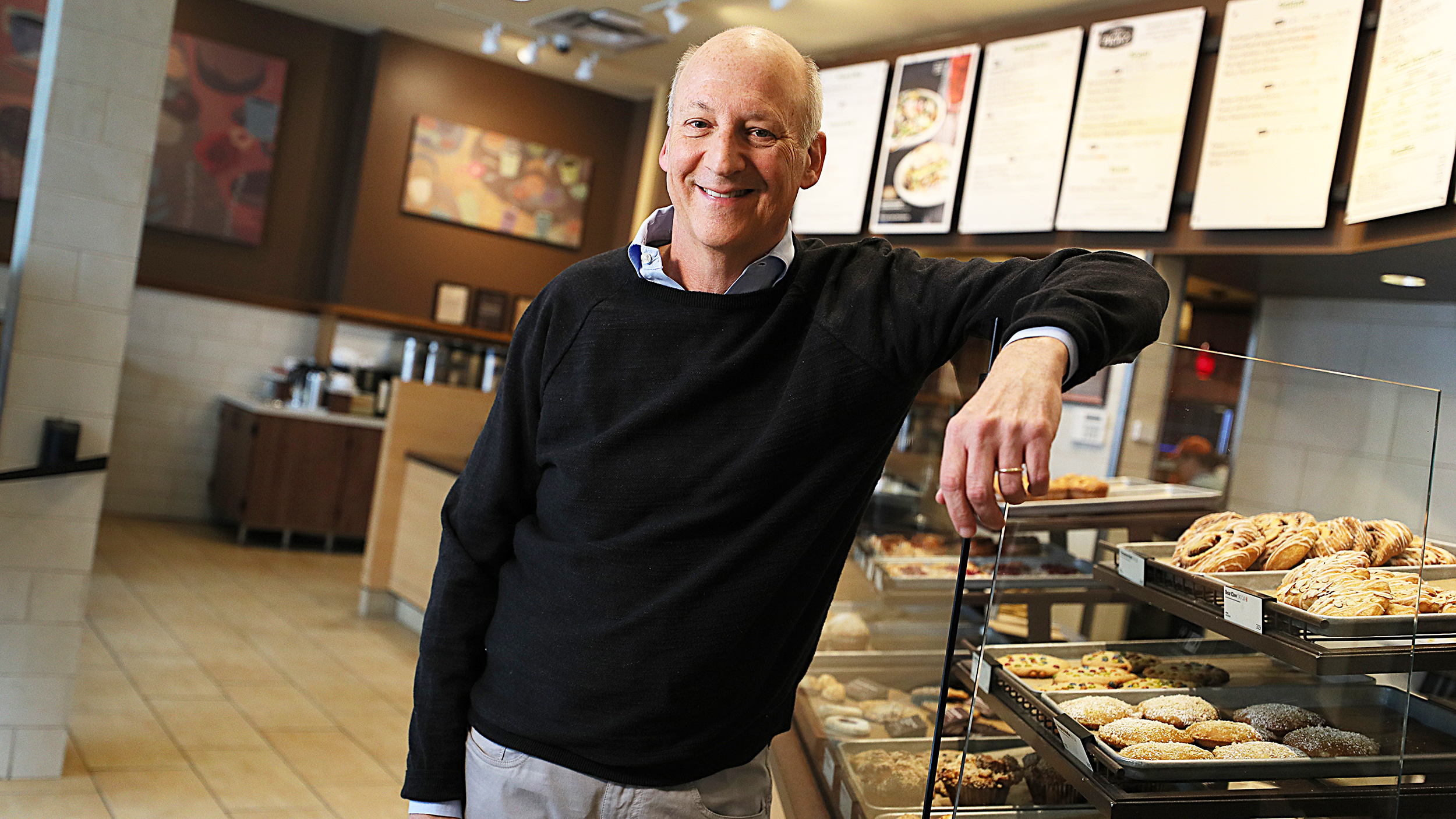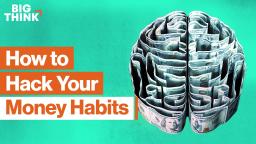3 Ways to Start Making America Great Again

On January 20, 2017 Donald J. Trump will be sworn in as the President of the United States. All of us, whether we voted for him or not, have to do our part to “Make America Great Again.” Here are three ways we can do that, which starts with understanding how we got here.
The first way is by understanding bounded rationality. Bounded rationality is the idea that decisions are limited by the information and cognitive ability of the decision maker – or “making the best possible call in light of the available information,” as Reuters explains. Basically, people have a hard time making good decisions because they only see the problem in the present. All the media hype about the 2016 presidential election being the worst ever? It’s a perspective that ignores our nation’s history of bad elections. Nobel Prize-winning psychologist Daniel Kahneman explains it this way:
People tend to frame things very narrowly… They look at the problem at hand and they deal with it as if it were the only problem. Very frequently it’s a better idea to look at problems as they will recur throughout your life and then look at the… class of problems.
The second way is by understanding heuristic reasoning. Heuristic reasoning is decision-making based on experience rather than factors, and “relies on simplistic, often patently invalid rules of thumb to form electoral attitudes and decisions,” reports Reuters. In short, heuristic reasoning is a shortcut. It’s making a gut decision instead of engaging in “deep thinking and the analyzing of facts and figures,” as this definition puts it. With this election, voters were overwhelmed by messages exploiting their fears of what the other candidate would do to their country, overriding deep critical thinking and prompting experiential, gut responses. That’s not necessarily a bad thing; our intuition emerges from our gut, and it has merit. But heuristic reasoning runs the risk of not seeing or understanding the full consequences of a decision. Professor Glenn Cohen of Harvard explained it to us here:
The third way is by understanding accessibility dynamics. Accessibility dynamics involve how we recall information. According to this 1994 study, the act of remembering something prompts us to forget older, more complex information. In short, accessibility dynamics tends to “give priority to “top of the head” ideas while disregarding long-known, potentially superior, information,” according to Reuters, which goes on to say: “unfortunately, accessibility is driven by frequency of or recent exposure to ideas, rather than their value or coherence. Its actual impact, therefore, can undermine or bias decisions.” Basically, whatever information your memory can easily access determines your decision — not facts or instinct. In the case of the 2016 election, the information most accessible to voters was rooted in personal attacks and slander instead of campaign issues or policies. Cyberpsychologist Mary Aiken broke it all down for us:
Why are bounded rationality, heuristic reasoning, and accessibility dynamics so important? Because they’re all our brain can handle in decision making. “At any given moment, attitudes and opinions are based on a subset of information available in our memory,” Reuters explains. The information in our memory determines the decisions we make. The more we remember, the better our decisions tend to be. In the case of this election, with its increasing amounts of scandal and ceaseless amounts of mudslinging, our ability to remember anything beyond the past spectacle was impeded. That’s unfortunate — but we can fix it. We can correct memory overwhelm by employing ideas to improve our recall. Psychologist Maria Konnikova explains one used by Sherlock Holmes — and its modern Google-friendly equivalent — here:
You can also improve your memory by monotasking, as we’ve mentioned before, and getting a good night’s sleep. A 2008 Harvard study showed that, “people are 33 percent more likely to infer connections among distantly related ideas [ie – remember things] after sleeping.” You can even learn a new skill to create neural pathways in your brain to improve your memory, as this 2007 Columbia University study discovered. And, as we’ve just learned, improving your memory improves your ability to make decisions, without being overwhelmed by political propaganda.
Understand biases in yourself will help you to understand others, and that is absolutely the first step towards healing what has been a divisive 18 months in the US. Now that we know how we got here, we have an idea of how to move forward. Let’s make it happen, America.





